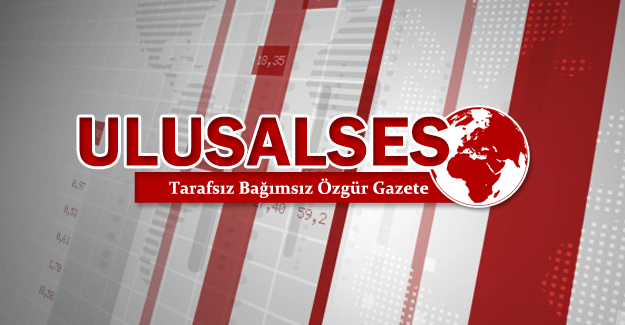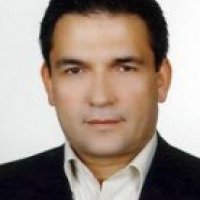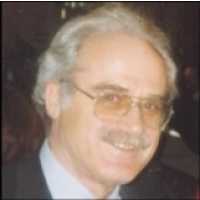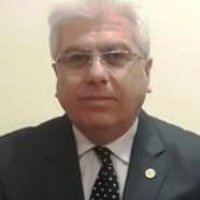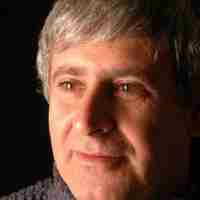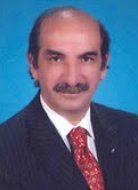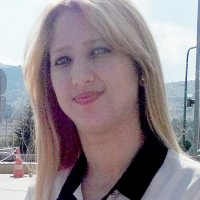Ankara, Sep 17 () - In the run-up to the Nov. 1 snap elections, President Tayyip Erdoğan has called on the Organization for Security and Cooperation in Europe (OSCE) for drafting reports taking into consideration Turkish voters coerced by armed threat.
The president, who has been subject to OSCE criticism in the past because of his electioneering activities, argued the outlawed Kurdistan Workers’ Party (PKK) and its supporters have launched a worldwide disinformation campaign about the recent spiral of violence.
“By means of showing terrorists’ corpses covered with the flag of the terrorist organization as civilian citizens, they are spreading it to the entire world through social media” Erdoğan said on Sept. 16. Turkey has been hit daily by violence between PKK militants and security forces, with much of it centered in the largely predominantly Kurdish populated southeast, since a de facto non-conflict broke down in July.
“These [terrorists] have significant supporters in the West. We are telling this to Western friends but their problem is different. I want to remind the importance of investigating the matter at its origin by Western friends, particularly friends who served as ombudsman” Erdoğan said, addressing the Third International Ombudsman Symposium held in the capital city of Ankara.
“They need to know and see this: Turkey is not a country ruled by an autocratic regime. Quite the contrary, it is a country which has accepted democracy,” he said. “But” he continued, “I want you to especially know that we have citizens here who had to cast ballots under armed threat. When they come here, OSCE members need to submit their reports accordingly, they need to see this. I want them to know that they will never be able to block our drive for democracy in this country by reports that they have prepared by ignoring this [fact]. Unfortunately, some who have title of politician are taking place in this scenario as walk-ons” Erdoğan said.
The resurgence in violence comes ahead of snap parliamentary elections on Nov. 1, scheduled after efforts by Prime Minister Ahmet Davutoğlu to form a coalition government failed. Davutoğlu’s Justice and Development Party (AKP), the founding leader of which is Erdoğan, failed to get a parliamentary majority required for forming a single-party government in the June 7 parliamentary elections.
The Kurdish problem-focused Peoples’ Democratic Party accuses President Erdoğan of fomenting the violent escalation to boost AKP’s standing among nationalists in the election -- accusations the government denies.
In the run up to the June 7 vote, the OSCE highlighted concerns over Erdoğan’s “active role in the campaign,” recommending the deployment of a team in order to observe the fairness of the election.
As of Sep 14, Turkish authorities have lifted a curfew in the southeastern town of Cizre in Şırnak province after reinstating it for 12 hours following a deadly nine-day military lockdown. The curfew, enforced as the Turkish Armed Forces (TSK) battles the PKK militants, had first been put in place on the evening of Sept. 4 and then lifted on Sept. 11 amid concerns of a humanitarian crisis.
The Turkish government said that up to 32 militants were killed during the previous curfew in an “anti-terror” operation against suspected members of the PKK. But the HDP has said 21 civilians were killed during the operation that also triggered food shortages.
